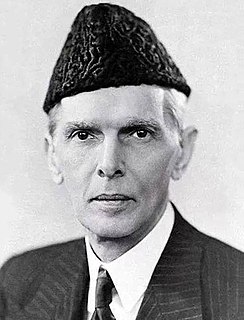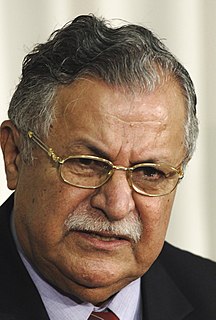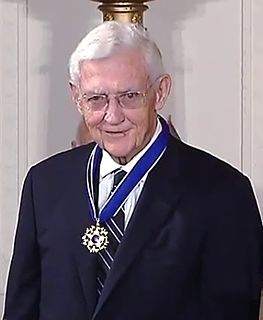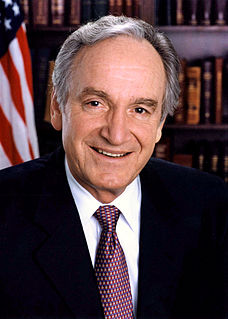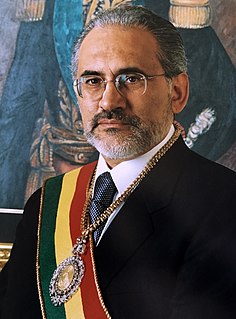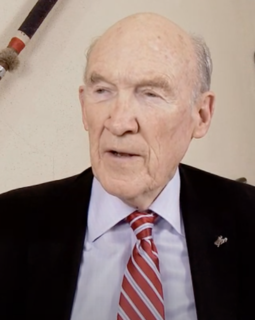A Quote by Muhammad Ali Jinnah
We are starting in the days where there is no discrimination, no distinction between one community and another, no discrimination between one caste or creed and another. We are starting with this fundamental principle: that we are all citizens, and equal citizens, of one State.
Related Quotes
War is then not a relationship between one man and another, but a relationship between one State and another, in which individuals are enemies only by accident, not as men, nor even as citizens, but as soldiers; not as members of the fatherland, but as its defenders. Finally, any State can only have other States, and not men, as enemies, inasmuch as it is impossible to fix a true relation between things of different natures.
Well-established Supreme Court precedents indicate that states - like the states of Washington and Minnesota - have no equal-protection rights of their own, nor can they vindicate equal-protection rights of their citizens. The same is true about being able to challenge alleged religious discrimination. This limitation on the states' authority to champion such claims is fundamental to our separation-of-powers architecture.
It is long past time to eliminate bigotry in the workplace and to ensure equal opportunity for all Americans. It is time to make clear that lesbian, gay, bisexual, and transgender Americans are first class citizens. They are full and welcome members of our American family and they deserve the same civil rights protections as all other Americans. It is time for us to prohibit discrimination based on sexual orientation and gender identity. Such discrimination is wrong and should not be tolerated.
I think that in the diaspora, and among immigrants, religion becomes a vehicle for the transmission of cultural information, and cultural codes, and this does end up re-inscribing certain things about the religion - like caste. Caste discrimination and hierarchy are still a very fundamental and violent part of Hinduism. My family was upper caste, and that was very clear. I feel like caste and religious practice are inextricable, actually.
Nonetheless, GAO's conclusion that employer sanctions had somehow caused employment discrimination was contradicted by GAO's own Chief of Methodology, who criticized the GAO report. ...here is what she said, 'I believe the truth is that we have no strong causal link between IRCA and discrimination, and in [my] view it is just as likely that the discrimination we found has always been there, or that it is spurious, as that IRCA has caused it.'
